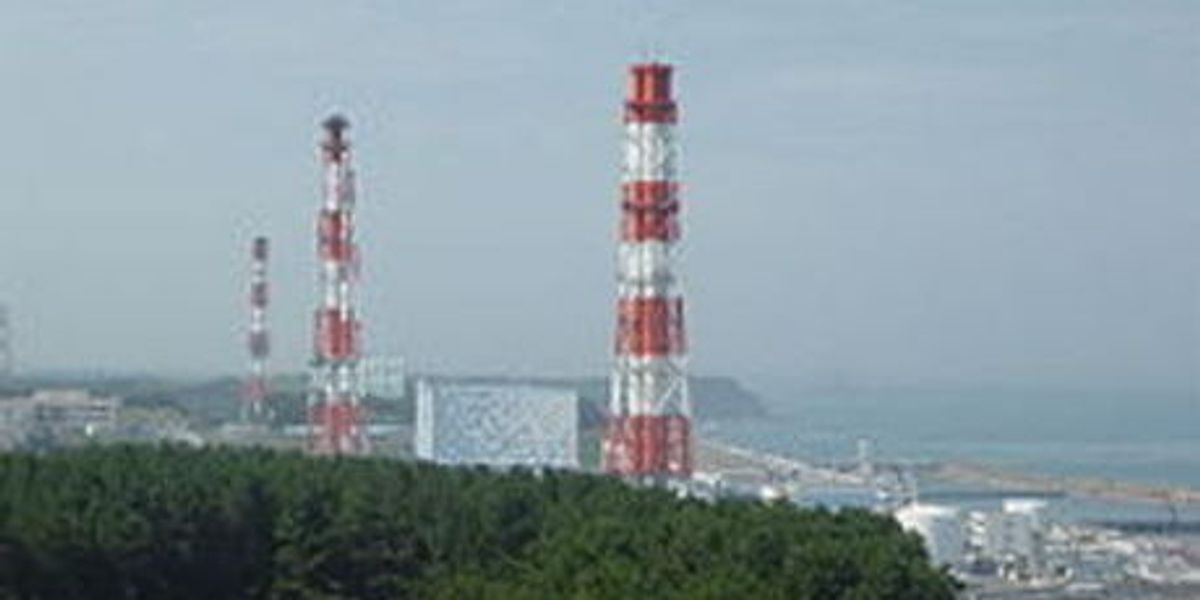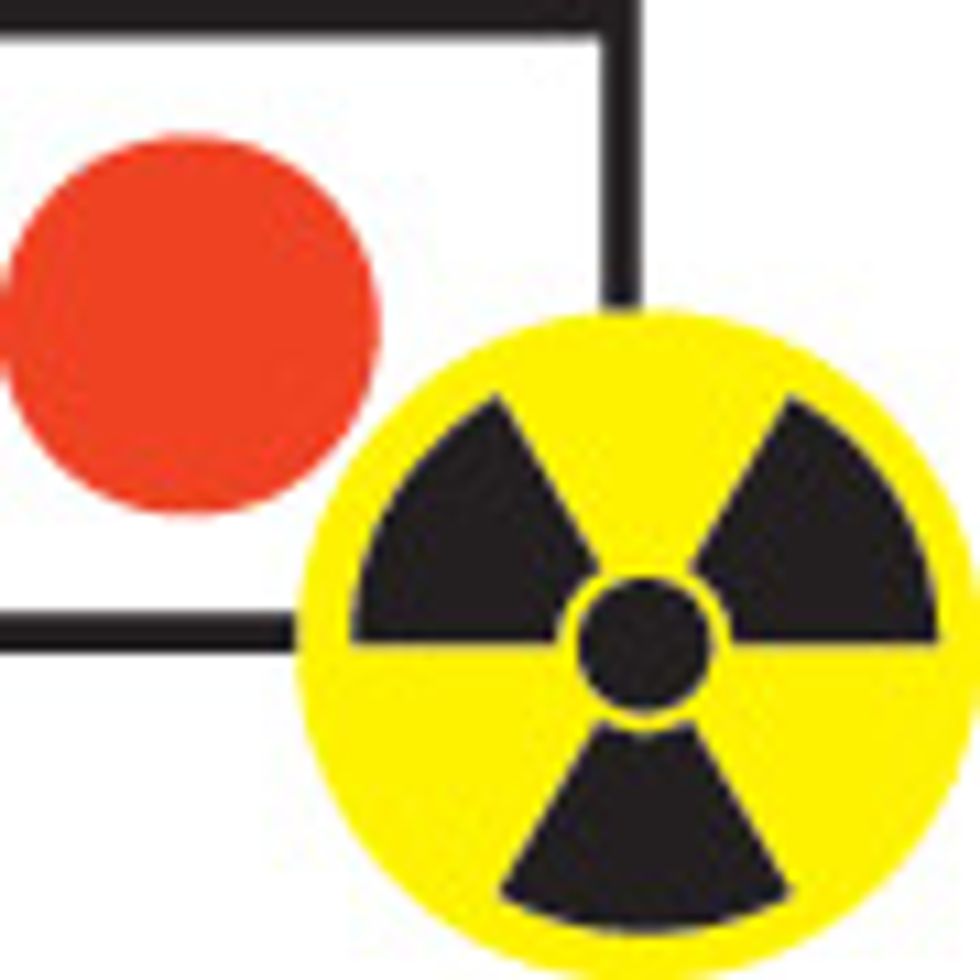Editor's Note: This is part of IEEE Spectrum's ongoing coverage of Japan's earthquake and nuclear emergency.
Early in the crisis still unfolding at Fukushima, the thought crossed my mind that when all the dust settles, there will be those arguing that even when much more goes wrong than anybody imagined possible--not just partial reactor meltdown and probable pressure vessel breaching, but hydrogen explosions blowing up outer containment buildings and a spent fuel pond overheating--the consequences of very bad nuclear accidents are still well within the range of what we tolerate in other areas of modern life.
Hundreds die in the occasional airline crash, after all, and oil refinery and chemical plant explosions often take many dozens of lives. Tens of thousands die prematurely every year from exposure to air pollution in the United States, and hundreds of thousands in China. Seen in that perspective, are worse than worst-case nuclear accidents really all that bad?
After all, no fatalities are attributed to the partial meltdown at Three Mile Island, and even the dreadful Chernobyl catastrophe caused only a few dozen immediate deaths. To be sure, thyroid cancer rates soared among children in Ukraine and Belarus, but long-term leukemia incidence traced to the accident still seems to be considerably lower than might have been expected.
This is a tempting line of thought, but it also leaves a lot out.
For one thing, the situation at Fukushima is still far from stabilized and under control. So all the consequences of the accident may turn out to be even worse than we know about now. In addition, as in many situations like this, as soon as investigators start looking into the conditions that led the disaster, unsavory ramifications come to light that will be costly to fix now that they have to be fixed. On Saturday, the New York Times reported that Japanese reactor operators have long been using low-tier labor on short-term assignments to get the dirty work done at nuclear power plants, exposing them to unsafe conditions. It's like turning over a rock and finding the worms and lizards underneath.
For another thing, there's the question of dealing with the long-term environmental consequences of the accident--and the very real issue of whether the consequences will ever be adequately addressed. Today, two and a half decades after the Chernobyl catastrophe, the severely damaged reactor still has not been properly encased and secured. Ukraine has been seeking hundreds of millions of dollars in international assistance to take care of the job, and so far the money has not been forthcoming. So Ukraine continues to drag its feet. Meanwhile, vast areas of surrounding land will be uninhabitable or only partially habitable for decades to come.
If the world nuclear industry and the political authorities that nurture it cannot be counted on to clean up the mess when something really bad happens, then it's pretty hard to make any honest case for further expansion of atomic power.
Photo: TEPCO





